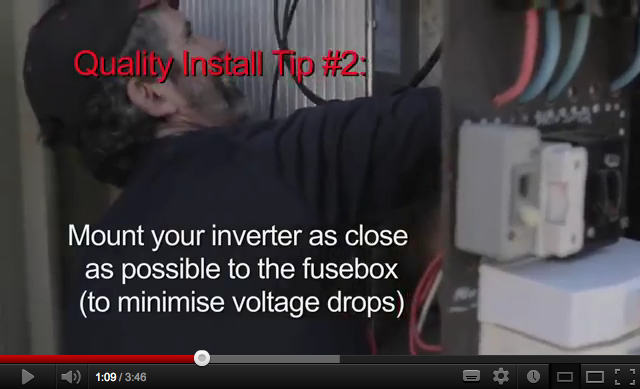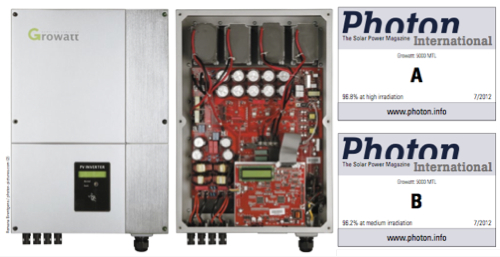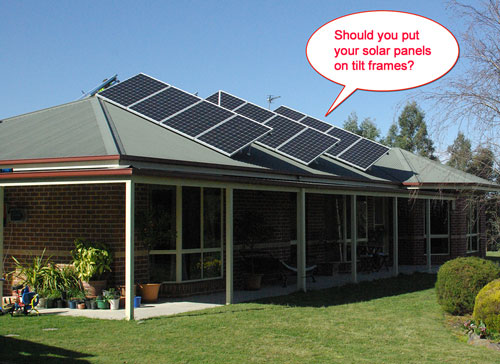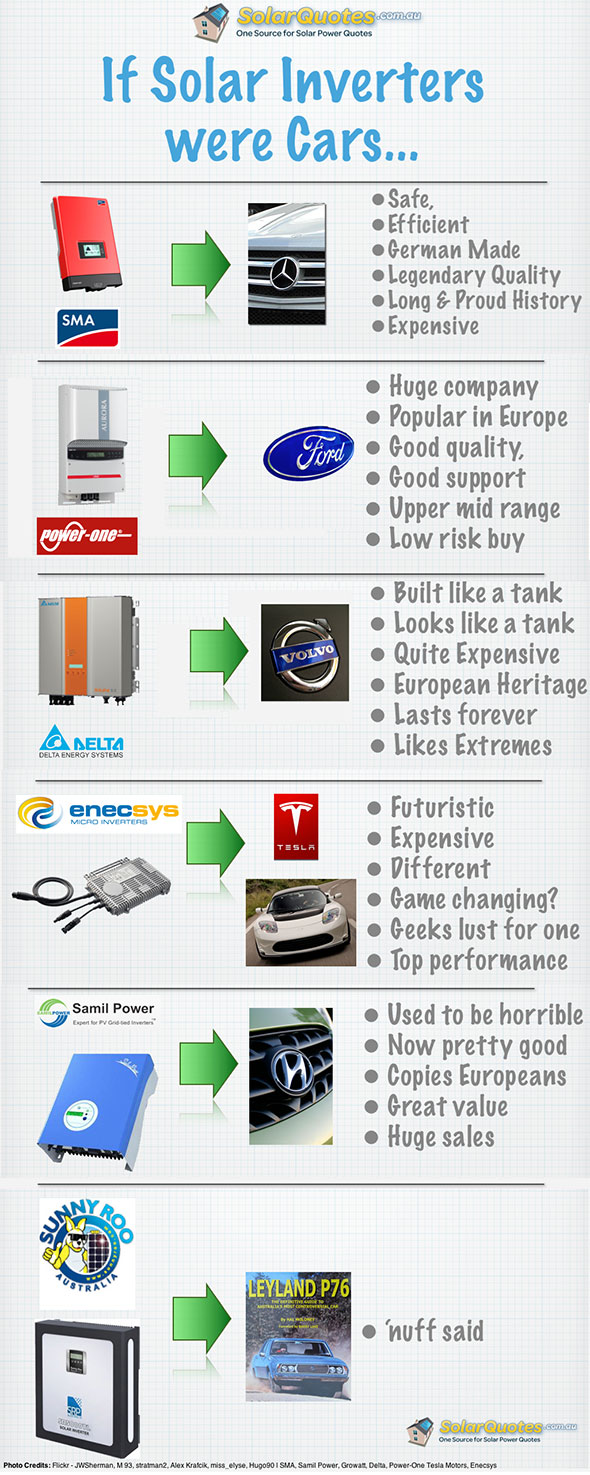Solar Hot Water is fast becoming the poor cousin of Solar PV (AKA Solar Electricity). Consumers just seem to prefer solar PV to solar hot water these days. In fact solar hot water has gone from almost zero to 1,000,000 roofs in about 30 years, whereas PV has gone from almost zero to 1,000,000 roofs in less than 6 years. There is now more PV than Solar HW out there! Unbelievable.
It doesn’t help that retailers prefer to sell PV over hot water – for a whole bunch of reasons that I’ll go into in a future blog post.
Here’s a video where I answer the question posed in the title: Should you buy Solar Hot Water or PV first?, But first I answer a much more fundamental question that creates an enormous amount of confusion out there:
And here’t the transcript for the video-phobes amongst you: [Read more…]





 RSS - Posts
RSS - Posts



Currently Raging Debates: